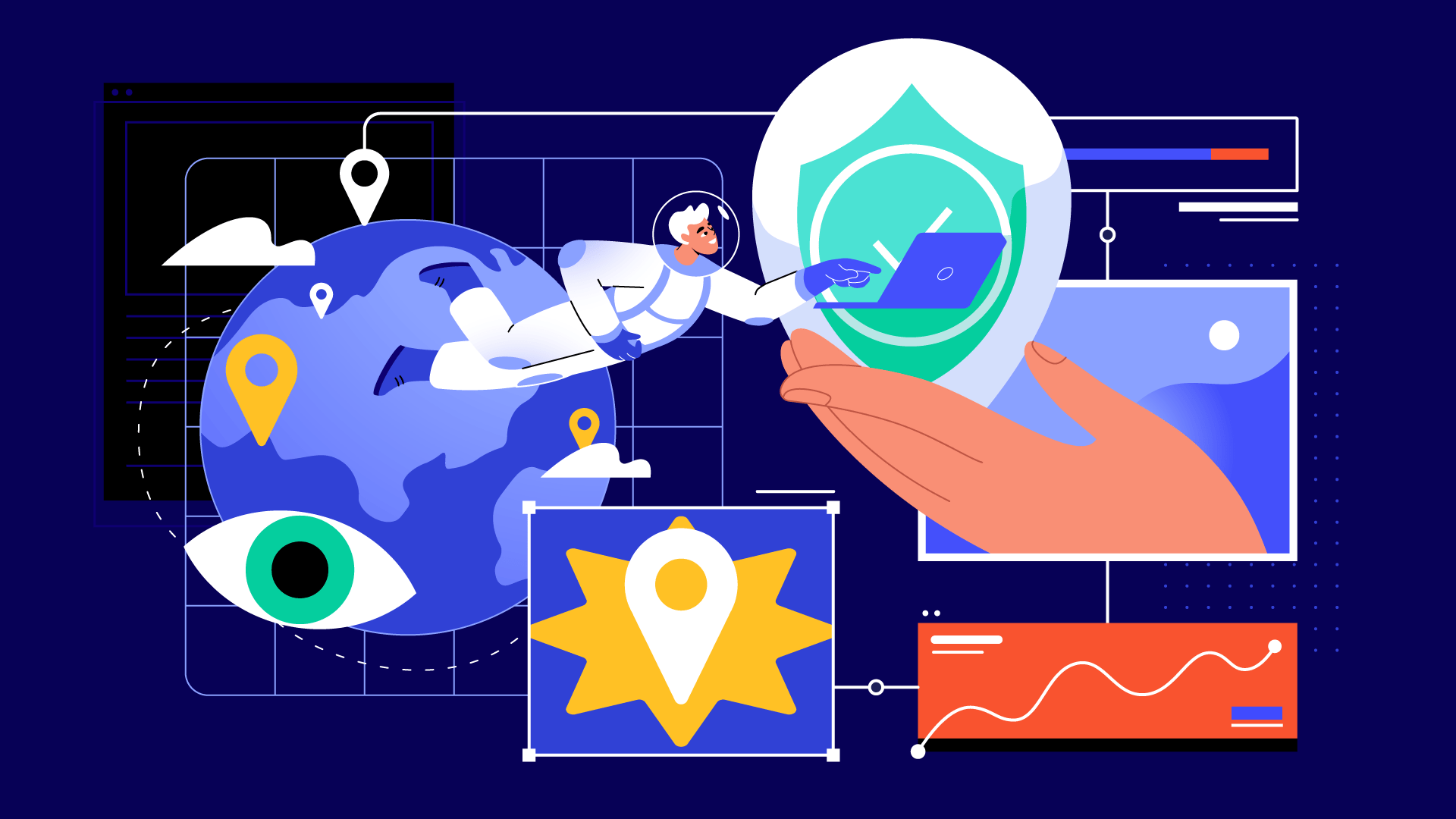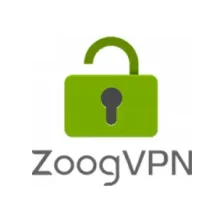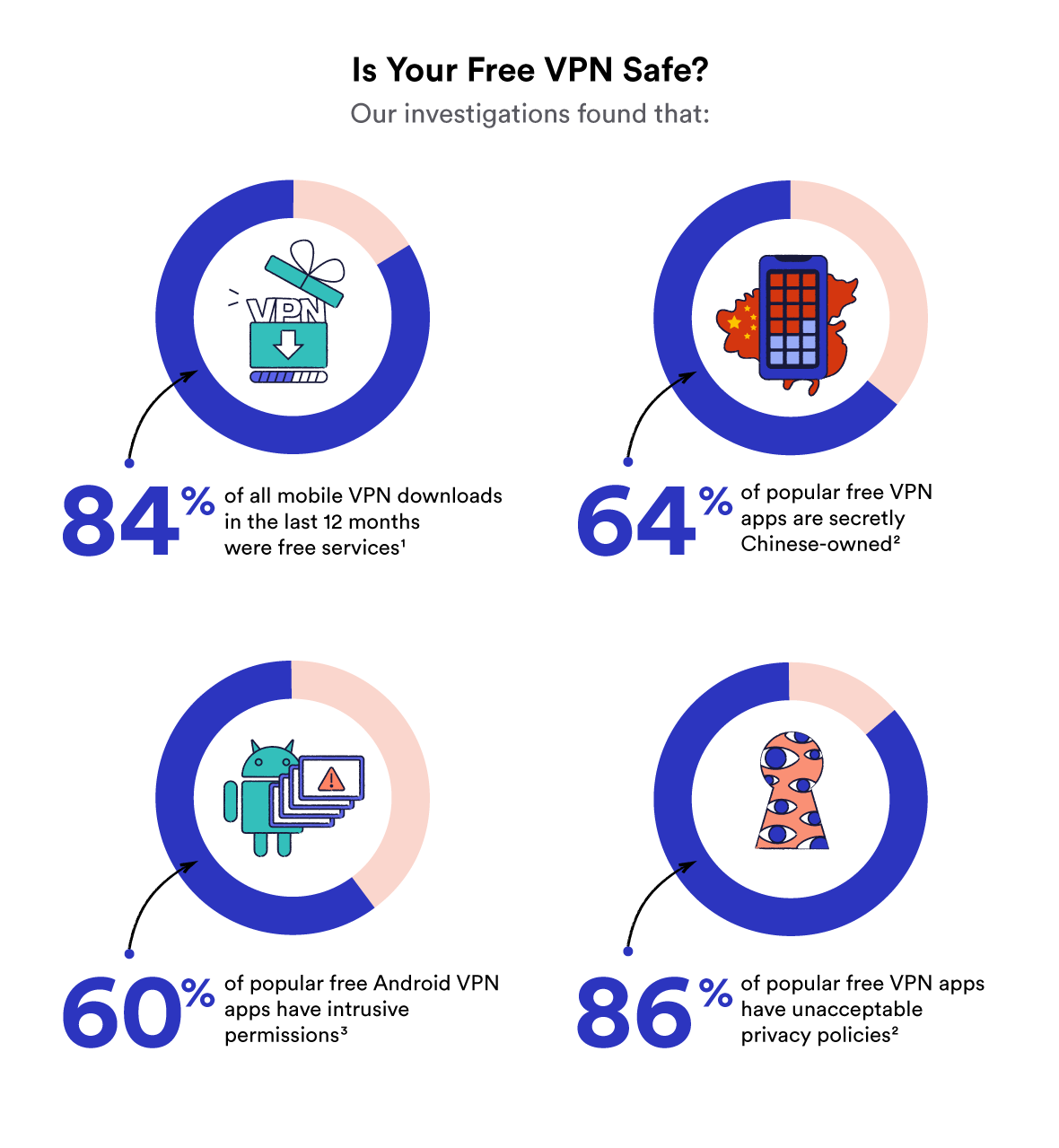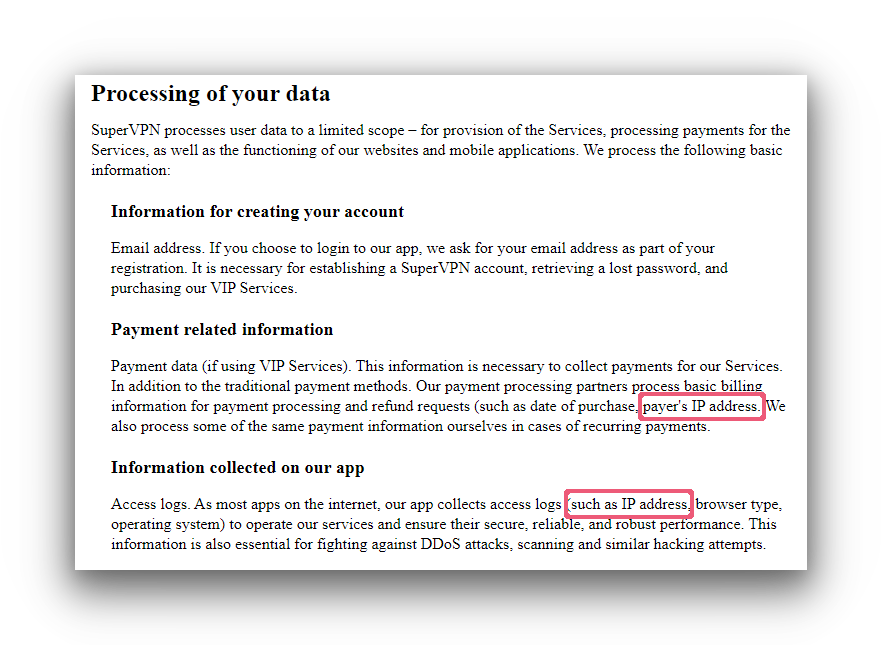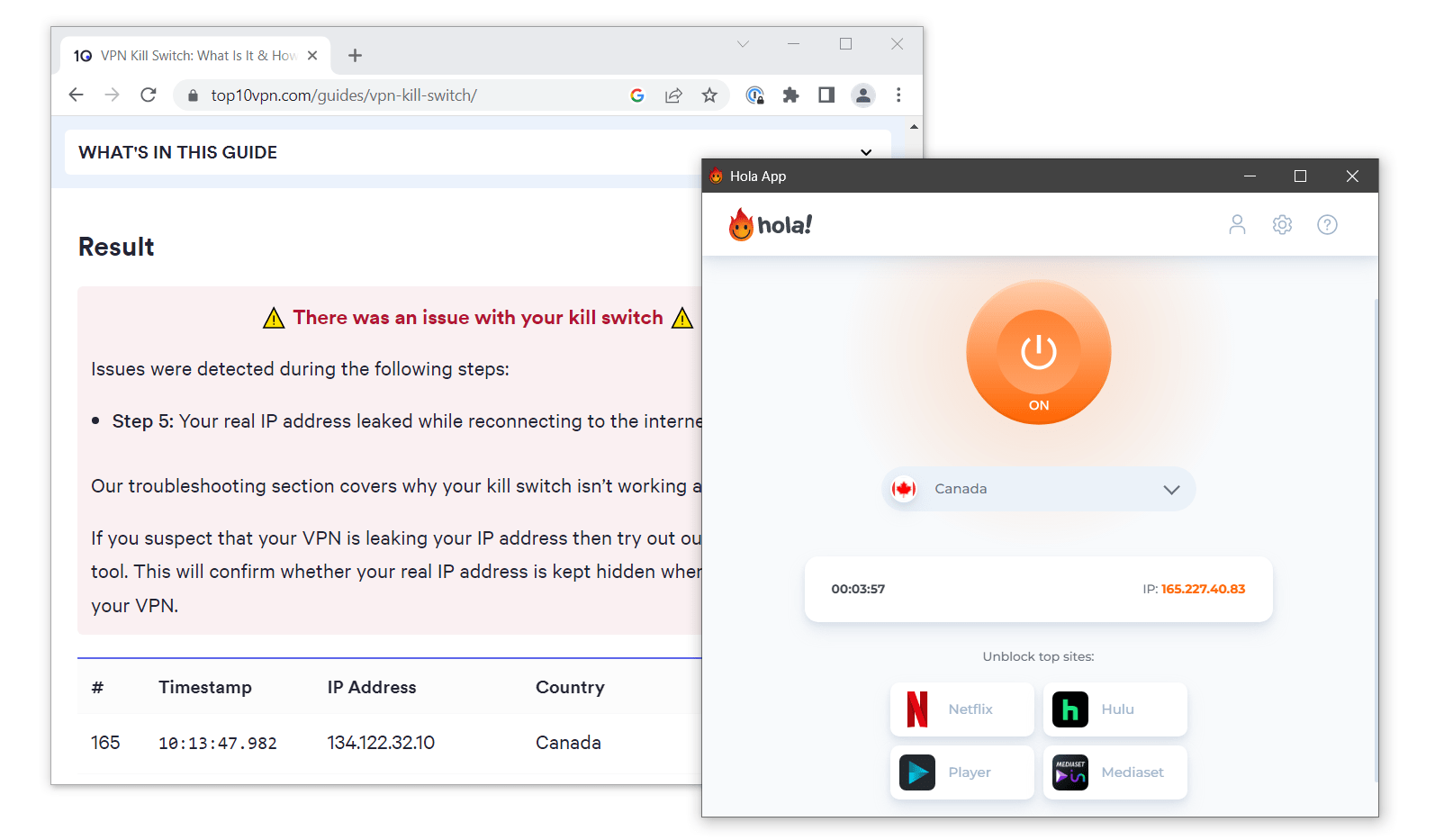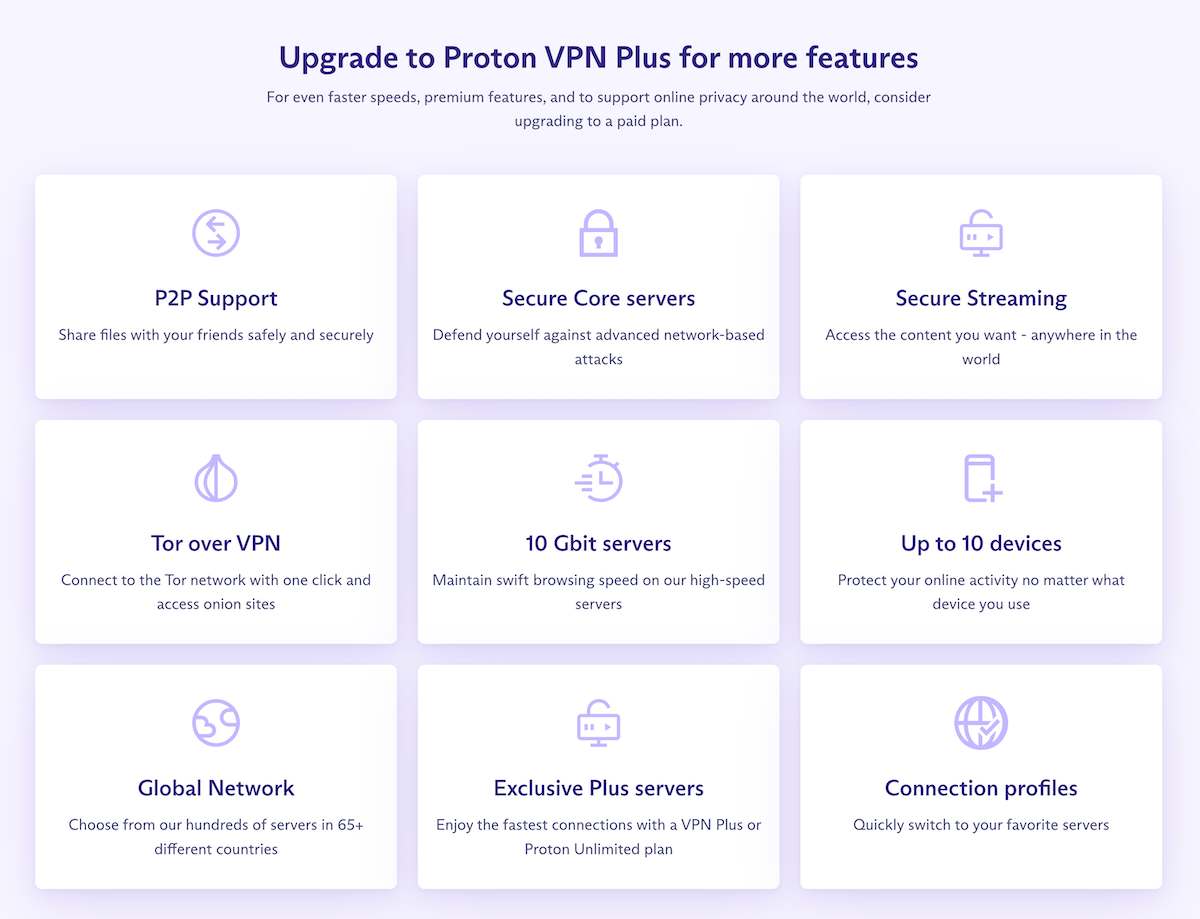Not every free VPN is dangerous. Certain free VPNs are very good for small and specific tasks like using public WiFi securely, temporarily changing your IP address, or unblocking geo-restricted videos for a few hours.
However, it simply isn’t possible to match premium VPN services completely for free. You’ll almost always be limited by several factors including monthly data caps, slower speeds, torrenting restrictions, and inferior streaming capabilities.
Below is a list of the most common limitations of free VPNs that you won’t find in high-quality paid VPN services:
1. Limited Streaming (Unblocking) Capabilities
Free VPNs typically cannot bypass the geo-restrictions implemented by streaming services around the world.
Aside from Windscribe and PrivadoVPN, most free services don’t work with popular streaming platforms like Netflix, Disney+, and HBO Max.

In our streaming tests, SkyVPN failed to unblock US Netflix or any other Netflix library.
On the other hand, top-rated streaming VPNs like ExpressVPN and PrivateVPN easily unblock most streaming services from overseas.
2. Limited Torrenting and File-Sharing Support
Often, free VPNs either heavily restrict file-sharing speeds or block torrenting traffic altogether.
This is because file-sharing and P2P traffic consumes high levels of bandwidth that costs VPN services money.

Any files large enough to require torrenting to download will take hours to complete if you use VPNBook.
Moreover, most safe free VPNs enforce daily or monthly data limits, which hinder the transfer of large files.
Not to mention the fact that free VPNs don’t offer extra torrenting features like port forwarding or a SOCKS5 proxy.
While not all paid VPNs are optimized for it, the best torrenting VPNs provide advanced torrenting settings, excellent security, and fast torrent speeds across thousands of P2P-friendly servers.
3. Daily or Monthly Data Usage Limits
Most secure and trustworthy free VPNs place restrictions on the amount of data you can transfer in a day or a month.
Typically, these data usage limits range from 1GB to 10GB per month, although there are rare free VPNs — like Proton VPN Free — that don’t impose any data limits at all.
This problem doesn’t exist with paid VPN services, which don’t apply any restrictions on how much data you use.
4. Slower (or Capped) Connection Speeds
A few years ago, free VPNs were much slower than they are now.
Thanks to technology advancements, many top free VPNs are now able to deliver fast speeds throughout their network.
However, this isn’t always guaranteed. Some secure free VPNs are in fact much slower than paid alternatives.

SkyVPN’s download speeds are consistently below 15Mbps on our 100Mbps baseline internet connection.
For instance, Hide.me’s free servers are considerably slower than its paid ones.
This is often due to server congestion, a common problem among free services when thousands (if not millions) of users are connected to too few servers at the same time.
In contrast, the fastest paid VPNs do not suffer from these speed issues since they have much larger server networks.
5. Small Free VPN Server Network
As you will have seen from our list of recommended free VPNs, free VPN server networks are small.
Even the largest free VPN server networks consist of a few hundred servers at most, or cover approximately 40 to 50 server locations at best.
This pales in comparison to paid VPNs, which can offer access to as many as 18,651 servers worldwide.
Windscribe Free offers the most server locations in our recommendations, with a network covering 10 countries. In comparison, paid providers like CyberGhost and Surfshark operate servers in more than 90 countries.
6. Lack of Advanced Security Features
Even the very best free VPN services are limited when it comes to advanced settings.
Other than a VPN kill switch, extra features such as VPN split tunneling, multi-hop (or double VPN) servers, and IPv6 leak protection are rarely found in free VPN services.
These additional settings are almost always reserved for paying customers. If having access to them is important to you, then you’ll have to opt for a paid-for VPN.
